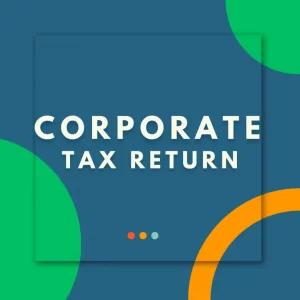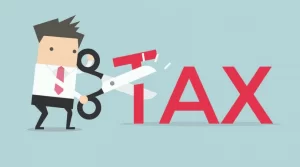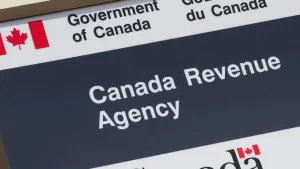Child care expenses in Canada can be claimed for the purposes of earning a living or going to school, this will, in turn, reduce your income, therefore the amount of taxes you must pay will be lowered.
Each child for whom you claim expenses on your tax forms must meet the Canada Revenue Agency’s eligibility requirements:
An eligible child is one of the following:
- your or your spouse’s or common-law partner’s child
- a child who was dependent on you or your spouse or common-law partner, and whose net income was less than the Basic Personal Amount (roughly $12,000)
- The child must have been under 16 years of age at some time in the year. However, the age limit does not apply if the child had an impairment in physical or mental function and was dependent on you or your spouse or common-law partner.
How Much of Your Child Care Expenses Can You Claim?
- Canadian taxpayers can claim up to $8,000 per child for children under the age of 7 years at the end of the year.
- $5,000 per child for children aged 7 to 16 years.
- For disabled, dependent children of any age who qualify for the disability tax credit, the amount to claim for that child is $11,000.
- You can claim $5,000 for a disabled child over the age of 16 who does not qualify for the disability tax credit but was still dependent on you and required care.
- For a boarding school or overnight camp, you may only claim up to $200 per week for a child under the age of 7 years, $275 per week for an eligible disabled child, or $125 per week for a child aged 7 to 16 years.
The CRA Form T778 – Child Care Expenses Deduction lists these rates, as well as further explanations about claiming childcare expenses.
What Child Care Expenses Can You Claim?
- You can claim child care costs paid to day nursery schools and daycare centers, caregivers such as nannies, overnight boarding schools and camps that provide lodging, day camps and day sports schools.
- To be eligible, the primary purpose of the day camp or day sports school must be to provide child care.
- In Canada, if you pay an individual person such as a nanny or babysitter, you must provide their social insurance number. Note that the CRA requires proof of expenses in the form of receipts and that you may be selected for a review or audited.
“Parents should take precautions when choosing a daycare or child care provider. One of these is to make sure ahead of time that proper receipts will be issued. Child care providers are required to issue receipts showing either their business number or social insurance number.
Child Care Expenses in Canada You Cannot Claim
Child care expenses which are not eligible for the childcare expense deduction include:
- Medical or hospital care expenses, clothing costs, and transportation costs are all ineligible.
- For example: If you pay for a shuttle bus to transport your child to and from a daycare center, these costs are not an eligible child care expense.
- Child care provided by the child’s father or mother, your spouse or common-law partner also is not eligible.
- Payments made to relatives under the age of 18 years — such as your older children, or a niece or nephew — cannot be claimed.
- If you are claiming fees paid to an educational institution, such as a boarding school or sports program, the cost of tuition is not deductible, but the lodging portion is.
- Fees for swim lessons, Girl Scouts or other recreational programs are not eligible.
- If your employer reimbursed any portion of your child care expenses, that portion cannot be claimed.
These rules apply to Canadian citizens and residents, including immigrants to Canada. Canadian taxpayers who live and pay for child care outside of Canada also may claim child care expenses, subject to certain conditions. Again, obtain and keep receipts for all eligible expenses.
“The CRA routinely conducts audits at random, and if you were audited in the previous year, you may be flagged for a follow-up audit,” says Stone.






